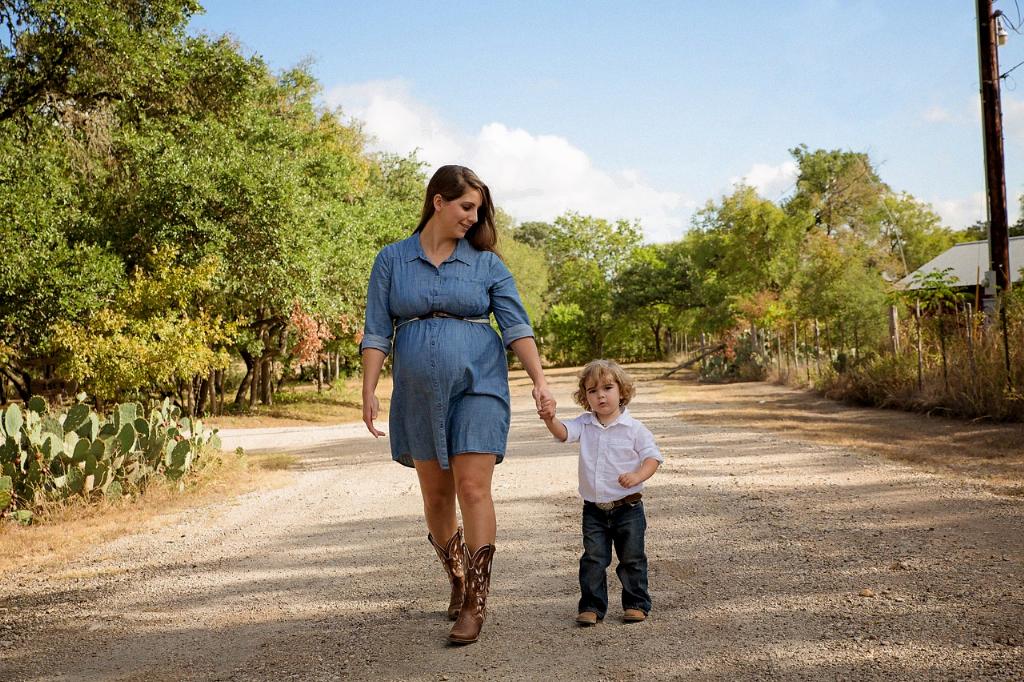As a new mother, navigating the postpartum period can be both exciting and challenging. One common question that many new moms have is whether it is safe to use tampons for lochia. Lochia is the vaginal discharge that occurs after childbirth, consisting of blood, mucus, and uterine tissue. This discharge is a natural part of the body’s healing process after giving birth.
The Risks of Using Tampons for Lochia
While tampons are a popular choice for managing menstrual flow, they are not recommended for use during the postpartum period. Using tampons for lochia can pose several risks to your health. The tissues in the vaginal canal are fragile and vulnerable after childbirth, making them more susceptible to damage if tampons are used prematurely.
Potential Consequences of Using Tampons Prematurely
Inserting a tampon too soon after giving birth can increase the risk of infection and hinder the body’s natural healing process. The potential consequences of using tampons prematurely include discomfort, irritation, and increased risk of bacterial contamination, which can lead to complications.
Consulting with Your Healthcare Provider
It is crucial to consult with your healthcare provider before considering the use of tampons post-childbirth. Your doctor can provide personalized guidance based on your individual recovery process and help determine when it is safe to resume using tampons.
Alternative Options for Managing Lochia
While tampons may not be suitable for managing lochia, there are alternative options available. Postpartum pads, specifically designed for use after childbirth, are a safe and effective choice for absorbing the discharge while allowing your body to heal naturally.
Prioritizing Comfort and Hygiene
During the postpartum period, it is essential to prioritize your comfort and hygiene. Opting for breathable, absorbent postpartum pads can help you stay comfortable while reducing the risk of infection and promoting faster healing.
Listening to Your Body’s Signals
It’s crucial to listen to your body’s signals during the postpartum period and give yourself the time and space needed to recover fully. Pay attention to any unusual symptoms or discomfort and seek medical advice promptly if you have concerns about your recovery.
Embracing Self-Care Practices
Self-care plays a vital role in postpartum recovery, both physically and emotionally. Taking the time to rest, nourish your body with healthy foods, and engage in gentle exercise can support your healing process and enhance your overall well-being.
Building a Support System
Building a strong support system of family, friends, and healthcare providers can make a significant difference in your postpartum experience. Don’t hesitate to reach out for help when needed and prioritize your mental and emotional well-being during this transitional period.
Celebrating Your Strength and Resilience
Bringing a new life into the world is a profound and transformative experience that highlights your strength and resilience as a mother. Embrace the journey of motherhood with compassion and grace, knowing that each step, including the challenges you may face, contributes to your growth and evolution as a parent.
Conclusion
In conclusion, while the temptation to use tampons for managing lochia may arise, it is crucial to prioritize your health and well-being during the postpartum period. Consulting with your healthcare provider and opting for safe, alternative options such as postpartum pads can support your recovery journey and promote optimal healing. Remember to listen to your body, embrace self-care practices, and celebrate your strength and resilience as you navigate this transformative phase of motherhood.

